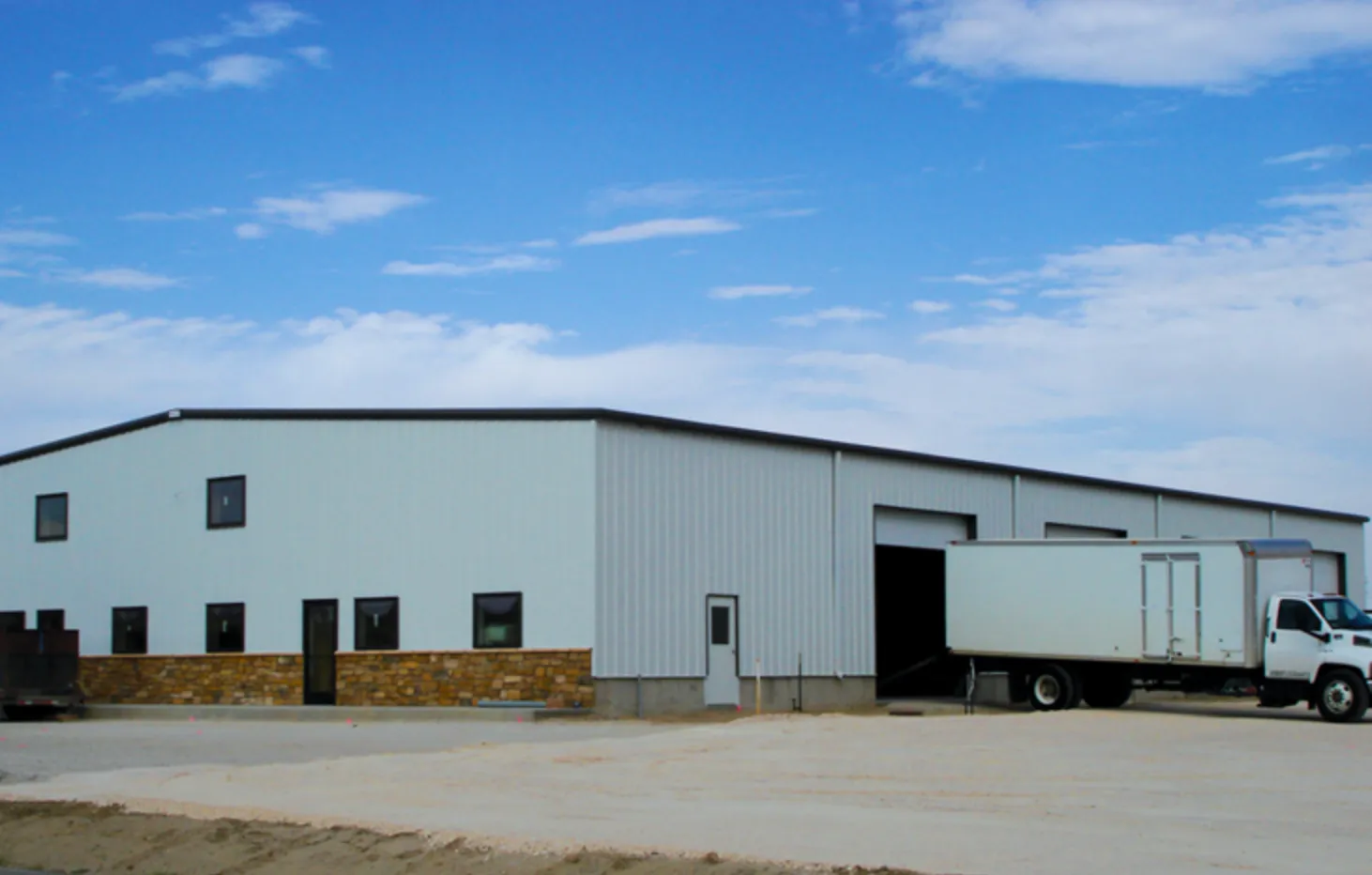- Afrikaans
- Albanian
- Amharic
- Arabic
- Armenian
- Azerbaijani
- Basque
- Belarusian
- Bengali
- Bosnian
- Bulgarian
- Catalan
- Cebuano
- Corsican
- Croatian
- Czech
- Danish
- Dutch
- English
- Esperanto
- Estonian
- Finnish
- French
- Frisian
- Galician
- Georgian
- German
- Greek
- Gujarati
- Haitian Creole
- hausa
- hawaiian
- Hebrew
- Hindi
- Miao
- Hungarian
- Icelandic
- igbo
- Indonesian
- irish
- Italian
- Japanese
- Javanese
- Kannada
- kazakh
- Khmer
- Rwandese
- Korean
- Kurdish
- Kyrgyz
- Lao
- Latin
- Latvian
- Lithuanian
- Luxembourgish
- Macedonian
- Malgashi
- Malay
- Malayalam
- Maltese
- Maori
- Marathi
- Mongolian
- Myanmar
- Nepali
- Norwegian
- Norwegian
- Occitan
- Pashto
- Persian
- Polish
- Portuguese
- Punjabi
- Romanian
- Russian
- Samoan
- Scottish Gaelic
- Serbian
- Sesotho
- Shona
- Sindhi
- Sinhala
- Slovak
- Slovenian
- Somali
- Spanish
- Sundanese
- Swahili
- Swedish
- Tagalog
- Tajik
- Tamil
- Tatar
- Telugu
- Thai
- Turkish
- Turkmen
- Ukrainian
- Urdu
- Uighur
- Uzbek
- Vietnamese
- Welsh
- Bantu
- Yiddish
- Yoruba
- Zulu
Oct . 21, 2024 20:05 Back to list
Steel warehouses have become an integral part of the modern industrial landscape, providing essential storage, distribution, and processing solutions for a wide array of industries. The increasing demand for steel and metal materials has driven the need for specialized warehouses that can efficiently house, handle, and deliver these resources. These facilities not only support the supply chain but also contribute to streamlined operations, ultimately enhancing productivity for businesses dependent on steel products.
One of the primary advantages of steel warehouses is their structural integrity and durability. Constructed using high-quality steel materials, these buildings can withstand harsh environmental conditions, which is crucial for both the safety of the stored goods and the personnel working within the facility. Additionally, their robust design allows for the storage of heavy equipment and large quantities of steel, making them ideal for industries such as construction, automotive, and manufacturing.
Steel warehouses are designed for efficiency and functionality. They often feature high ceilings and wide aisles, accommodating large machinery and enabling easy movement of goods. Furthermore, many modern steel warehouses incorporate advanced technology, including automated storage and retrieval systems, which significantly enhance efficiency in managing inventory. With the integration of software systems, businesses can monitor stock levels in real time, reducing the risk of overstocking or stockouts, and thus optimizing their operations.
steel warehouses

Another notable aspect of steel warehouses is their flexibility. Many facilities are constructed with modular designs, allowing for quick expansions or modifications as business needs change. This adaptability is essential in a fast-paced market where companies must respond rapidly to fluctuations in demand. Moreover, steel warehouses can be tailored to meet specific operational requirements, making them suitable for a variety of industries.
Sustainability is also a growing concern, and steel warehouses are increasingly designed with eco-friendly practices in mind. Recyclability of steel and energy-efficient building techniques reduce the environmental impact. Solar panels, green roofs, and energy-efficient lighting systems can be incorporated into the design, further enhancing the sustainability of these facilities.
In conclusion, steel warehouses play a crucial role in the efficiency and effectiveness of industrial operations. Their durability, adaptability, and incorporation of modern technological solutions make them essential for businesses that rely heavily on steel and metal materials. As industries continue to evolve, the significance of steel warehouses will likely grow, driving innovations in storage and distribution practices while contributing to sustainable development.
-
How Do Prefabricated Steel Structures Transform Modern Construction?
NewsJul.14,2025
-
How Do Prefabricated Metal Buildings Redefine Modern Construction?
NewsJul.14,2025
-
How Do Prefab Insulated Metal Buildings and Steel Structures Revolutionize Modern Construction?
NewsJul.14,2025
-
How Do Pre - Engineered Steel Structures Redefine Modern Construction?
NewsJul.14,2025
-
Advancing Modular Construction with Prefabricated Metal Structures
NewsJul.14,2025
-
Advancing Industrial Infrastructure with Prefabricated Steel Solutions
NewsJul.14,2025
Products categories
Our Latest News
We have a professional design team and an excellent production and construction team.












